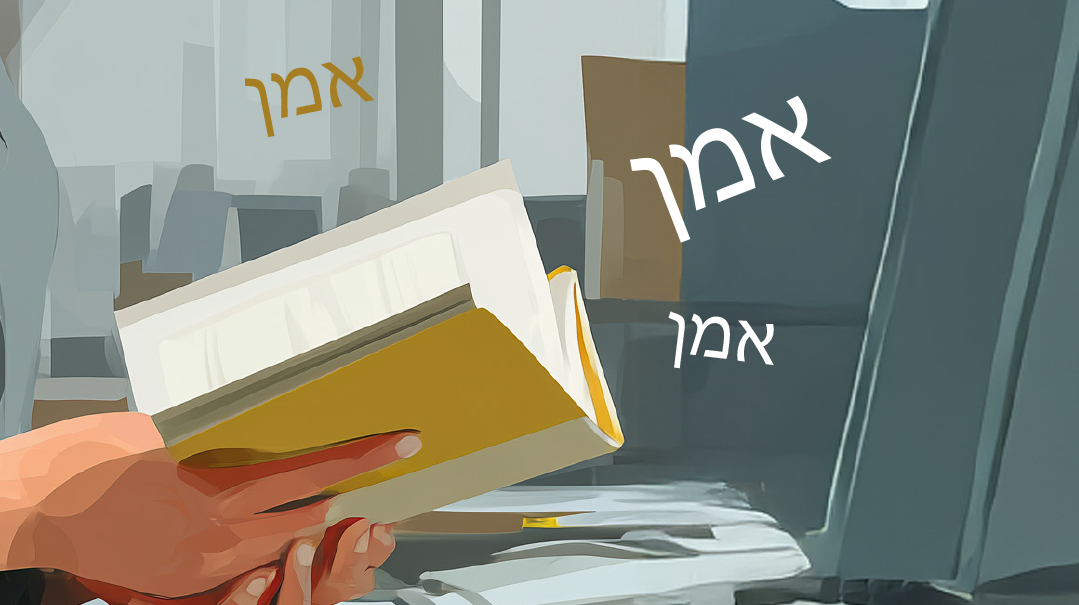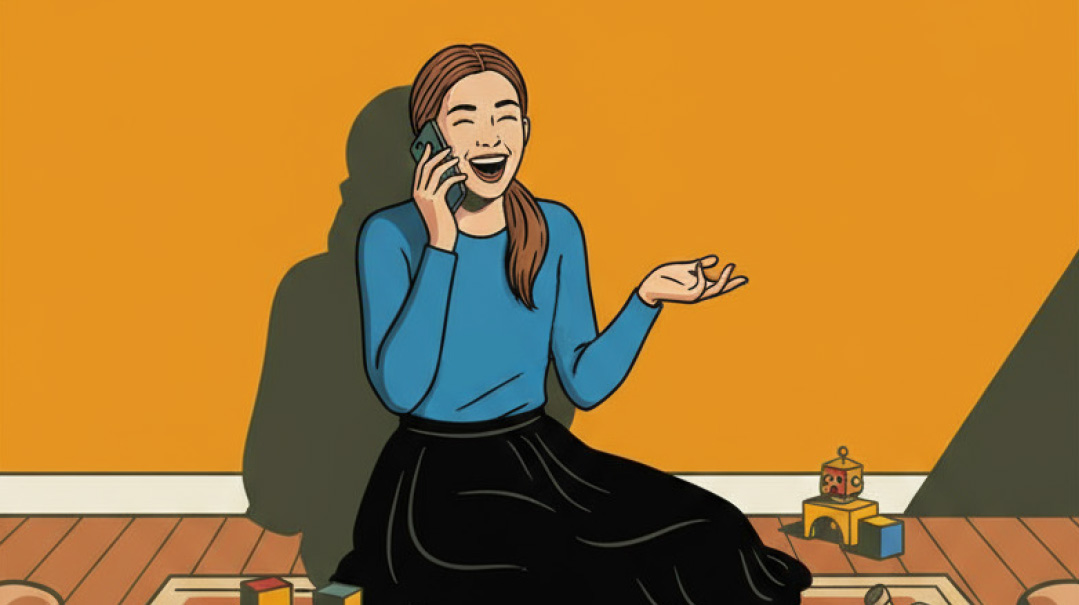Purim Parameters

“It’s not necessary nor recommended to make a special Krias HaTorah for women to hear parshas Zachor”

Prepared for print by Faigy Peritzman
If I can’t make it to shul for parshas Zachor, should I read it myself at home from a Chumash?
Women who find it difficult to go to shul on Shabbos morning should read (or have someone else read for them) the parshah of Zachor from a Chumash. It’s not necessary nor recommended to make a special Krias HaTorah for women to hear parshas Zachor.
If I’m not fasting on Taanis Esther, what should I add in my tefillah and what should I not add?
You don’t say aneinu during Minchah if you’re not fasting, but you can still recite Selichos and Avinu Malkeinu during Shacharis and Minchah.
Is a woman obligated to give machatzis hashekel on Taanis Esther? If so, how do I go about it?
In many places it’s customary for a husband to give machatzis hashekel on behalf of his wife, and for a father to give machatzis hashekel for his sons and daughters, including minors. Although it’s not an obligation, once a husband or a father begins the custom of giving on behalf of their wife or children, he should continue doing so in future years as well. [It’s not customary for single women living alone, widows, or divorcées to give machatzis hashekel, but they may do so if they wish.]
I have someone coming to the house to read the Megillah for me and some other women. Should I make the brachos or should he?
The custom follows the opinion of the poskim who recommend that the brachos be recited by each of the women listening to the Megillah. But in a situation where there are women who don’t know how to or who are unable to recite the brachos themselves, the baal korei (or one of the women) should make the brachos for all of those present.
Purim falls out on Motzaei Shabbos this year. Am I obligated to hear Havdalah before Krias Megillah?
Havdalah, including the brachah over the fire, is recited when coming home after the public Megillah reading in shul. But if your husband (or father) is going to do a second reading of the Megillah for you, he should make Havdalah first and then read the Megillah. (Note that the Sephardic custom is to recite the brachah over the fire in shul before Krias HaMegillah, just like it’s done when Tishah B’Av falls on Motzaei Shabbos.)
I forgot al hanissim during Shacharis. Do I daven again? How about in bentshing?
If you forgot al hanissim and already finished the entire Shemoneh Esreh, you don’t repeat it. But if you remembered before saying the word Hashem at the end of the brachah of Modim, then go back to ve’al kulam and recite al hanissim at the proper place. If you remembered after saying the word Hashem, then continue on and recite al hanissim right before saying (the second) yihyu leratzon at the end of Elokai netzor.
Similar rules apply for bentshing: If you forgot al hanissim and already finished bentshing, you don’t repeat it. But if you remembered before saying the word Hashem (at the end of the brachah of nodeh), then go back to nodeh and recite al hanissim at the proper place. If you remembered after saying the word Hashem, then continue on and recite al hanissim right before saying the Harachamans toward the end of bentshing.
I’m an avel this year and am wondering how this affects my Purim. We always get together with two families to have our Purim seudah — may we do that this year? Am I allowed to give and receive mishloach manos as usual?
There are various views among the poskim about making or attending a seudas Purim during the year of aveilus (after the shloshim): Some permit celebrating it in the same manner as you do every year, while others require toning down the festivities. There are several other factors involved so this would be a personal sh’eilah that you would ask your rav.
Halachically speaking, you may give as many mishloach manos as you normally do (especially if you’re doing so on behalf of your husband and family members who are not aveilim), but it’s customary to send less than you normally do. On the other hand, you’re not supposed to receive mishloach manos at all (unless it’s being sent to your husband or family), but if someone was unaware and did send, you don’t need to return it to them. If you’re a teacher or a principal who normally receives mishloach manos from students on Purim, or if you’re a rebbetzin who normally receives mishloach manos from congregants, you may receive them this year as well.
I thought I’d learned that one must give two different foods with two different brachos for mishloach manos, but recently I was told that I’m mistaken. If so, what must mishloach manos include?
That fable was debunked a long time ago, as there is no source at all for requiring foods with two different brachos. Any two foods or drinks that would be appreciated by the recipient are eligible for mishloach manos. Non-food items, even if they express a Purim theme or spirit, don’t qualify for mishloach manos.
How important is it that I send mishloach manos through a shaliach? May this be a child under bar/bas mitzvah?
The basic halachah doesn’t require a shaliach for mishloach manos. However, since a minority opinion recommends it, it’s a good idea to send one mishloach manos through a shaliach, while the rest can be given directly. A child may be used as a shaliach.
If I am making a batch of challah to be given away as mishloach manos, do I do hafrashas challah with a brachah?
As long as all of the challos that are going to be given away are going to be baked at the same time in your home, hafrashas challah is done with a brachah. You only lose the brachah if you freeze some of the dough to be baked at a later time, or if you give away the challah in dough form to be baked by the recipient at their home.
I would like to send some food in a nice dish as part of my mishloach manos. Who is responsible to do tevilah on that dish?
The recommended rule is that the recipient should toivel the dish after he empties it out from the food that you sent him. He needs to be made aware that the dish has not yet been toiveled.
May my husband give matanos l’evyonim for me? Are my children who are above bar/bas mitzvah obligated to give matanos l’evyonim from their own money?
Your husband’s giving of matanos l’evyonim covers your obligation as well. Children over bar/bas mitzvah who have access to their own money, either through gifts or earnings, should give their own matanos l’evyonim.
May I donate money for matanos l’evyonim to an organization in Yerushalayim who will donate it when Purim is already finished for me?
Most poskim maintain that this would not work for matanos l’evyonim, since at the time that the recipient will receive the gift, it would already be after Purim for you.
(Originally featured in Family First, Issue 885)
Oops! We could not locate your form.







